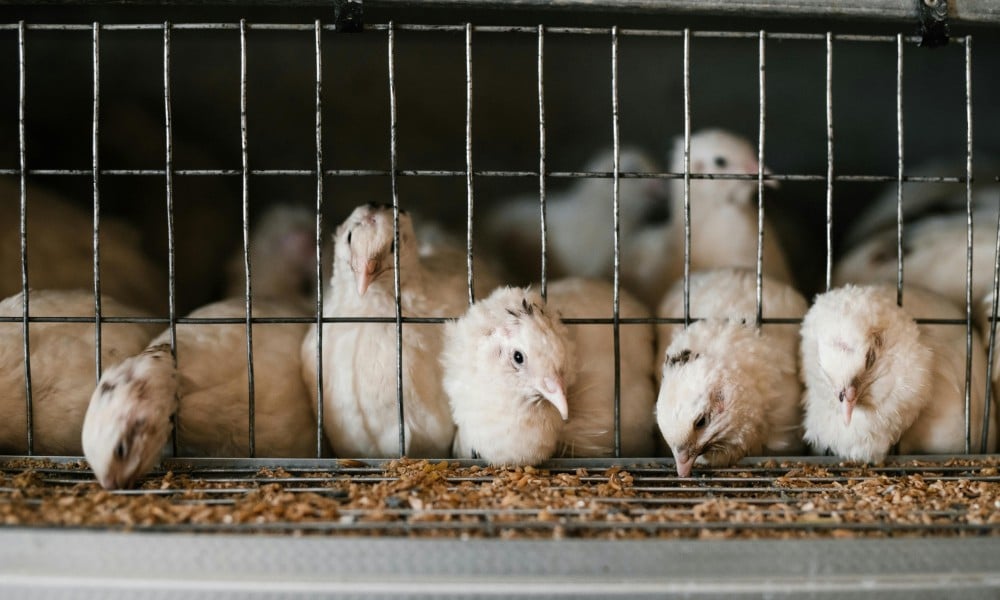A new study from the University of Exeter has found that industrialized farming may increase the chances of emerging infectious diseases (EIDs) developing and may increase the risks of new diseases spreading from animals to humans.
The study points out that biosecurity measures (efforts taken to reduce risk of diseases spreading) are often very loosely enforced, given the cost. While factory farms in England are often in old, hard-to-maintain buildings, those in the U.S. that are open air still face the same breaches, risks, and disease spreading. The study suggests that factory farms are not the controlled environments many believe them to be, and that industrial farming of animals may contribute to increased risks of zoonotic diseases spreading.
“Once social, economic, and political factors are taken into account, the pandemic risk posed by intensive farming is concerning,” lead author Steve Hinchliffe said in a press release.
Factory farming systems also negatively affects the environment: Intensive farming is a major contributor to pollution, soil depletion, greenhouse gas emissions, and the destruction of numerous species. And then there is the matter of the treatment of sentient beings raised for consumption on those farms. Factory farming reduces cows, pigs, chickens, and other sentient beings to objects.
“We need to reconsider the socio-cultural impacts of intensifying farm animal production on planetary health, environmental sustainability and animal welfare issues,” co-author Dr. Kin Wing (Ray) Chan added.
Indeed, scientists are discovering every day that animals feel pain and fear and even hold grudges. Crows can count, sea otters use tools, many creatures have tight social groups, and pigs have even shown intelligence matching that of toddlers. No animal should be forced to suffer a life devoid of joy on a factory farm.
Lady Freethinker applauds those involved in the University of Exeter study for their work discovering the possible link between factory farms and pandemics — and for their recognition that animal welfare is a reason to reconsider standard agricultural practices.







